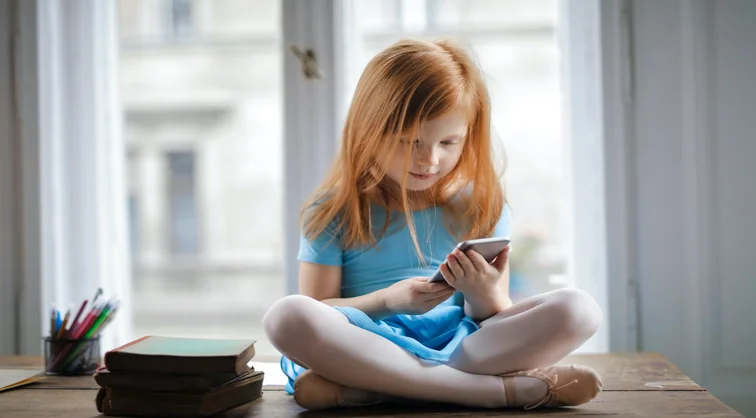Why Parents shouldn't control their Child on Social Media?

Parents have a natural inclination to want to protect their children from potential harm, and in today's digital age, social media is often seen as a source of danger. However, controlling a child's social media use can have negative consequences and ultimately do more harm than good.
Firstly, controlling a child's social media use can lead to a lack of trust and open communication between the child and the parent. When parents impose strict rules and monitoring on their child's social media use, it sends a message that the child cannot be trusted to make good decisions and that their privacy is not respected. This can lead to the child feeling resentful and shutting down communication, making it more difficult for the parent to stay informed about their child's life and potential risks.
Secondly, controlling a child's social media use can also limit their ability to learn and grow. Social media is a powerful tool for connecting with others, learning about different perspectives, and developing important social skills such as communication, empathy, and critical thinking. By limiting a child's access to social media, parents may be preventing them from gaining these essential skills and experiences.
Additionally, controlling a child's social media use can also lead to feelings of isolation and loneliness. Social media is a way for many children to connect with their peers and form friendships, especially during times when in-person interactions are restricted. When parents impose strict rules and monitoring on their child's social media use, they may be preventing them from forming these connections, leading to feelings of isolation and loneliness.
Lastly, controlling a child's social media use can also lead to them feeling embarrassed and ashamed. When parents impose strict rules and monitoring on their child's social media use, it sends a message that the child is not mature or responsible enough to handle the responsibility of social media. This can lead to the child feeling embarrassed and ashamed when interacting with their peers, who may have more freedom on social media.
Instead of controlling a child's social media use, parents should educate themselves and their child about the potential risks of social media and work together to establish clear guidelines and boundaries. This can include setting limits on screen time, discussing what types of content are appropriate to share, and teaching the child how to use privacy settings and report any inappropriate behavior. By working together and fostering open communication, parents can help their child navigate the digital world in a safe and responsible way.
In conclusion, controlling a child's social media use can have negative consequences and ultimately do more harm than good. Parents should educate themselves and their child about the potential risks of social media and work together to establish clear guidelines and boundaries. By fostering open communication and trust, parents can help their child navigate the digital world in a safe and responsible way.








